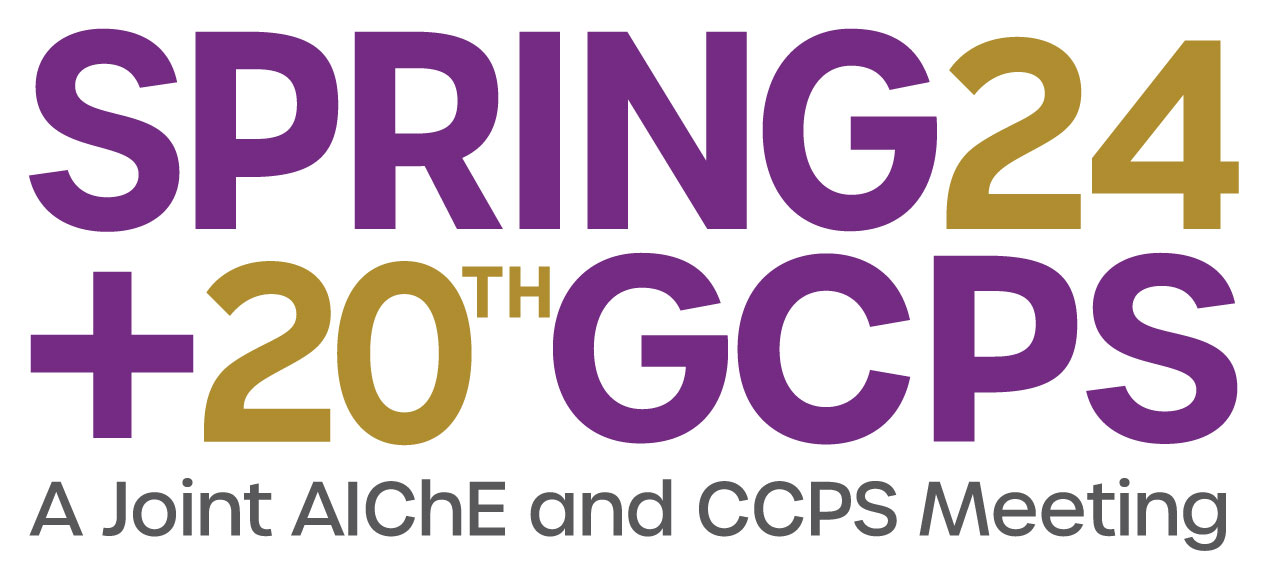

With the continued projected demand for aviation fuel, transitioning to Sustainable aviation fuels (SAFs) is a smart move toward meeting the Fly Net Zero Plan, to achieve net zero carbon emissions in the aviation industry by 2050. The International Air Transport Association (IATA) is leading the Fly Net Zero Plan, in alignment with the Paris Agreement. These novel fuel types are a promising renewable energy alternative to traditional fossil jet fuels, as they produce 85% less carbon emissions than traditional jet fuels over their life cycle and are compatible with current air transportation infrastructure.
SAF production processes are relatively new, so there is little available information on prevalent process hazards and safety concerns for such fuels. However, since high flammability and toxic consequences are already associated with current aviation fuel, similar properties are anticipated for SAF processing and final products. For proposed SAF capital projects, it is therefore imperative that technical safety studies are performed during the investment, planning, designing, construction, and commissioning stages to identify and manage business risks including impacts on the environment, employees, and local communities.
Each SAF process is unique in its feedstock, intermediates, final product, and steps required for the overall process. This presentation will identify several different SAF production technologies, with a brief description of each process, resultant product properties, and the expected potential hazards.
Process safety is one of the many focuses during a capital project and emphasizes understanding the associated hazards of the process throughout the different phases that make up the Project Life Cycle, covering the project from onset to completion. Despite the potential process safety hazards associated with SAF production and use, this low-carbon technology is an ideal candidate for funding due to its alignment with Environmental, Social, and Governance (ESG) strategies. Incorporating technical safety into SAF start-up companies and projects will further demonstrate the significant contribution of SAF technology to ESG strategies beyond a carbon footprint focus.
Appropriate safety studies must be conducted to the level of detail best suited to the available project data throughout the process. This presentation will identify three key technical safety studies that can impact a company’s ESG strategy for a given capital project for SAF production: Process Hazards Analysis (PHA), Consequence and Risk Based Facility Siting (FSS), and Insurance Risk Engineering (IRE). Each technical safety study and its impact on ESG framework will be further discussed.
Presenter(s)
Language
Pricing
Individuals
| AIChE Member Credits | 0.5 |
| AIChE Pro Members | $19.00 |
| Fuels and Petrochemicals Division Members | Free |
| AIChE Graduate Student Members | Free |
| AIChE Undergraduate Student Members | Free |
| AIChE Explorer Members | $29.00 |
| Non-Members | $29.00 |
